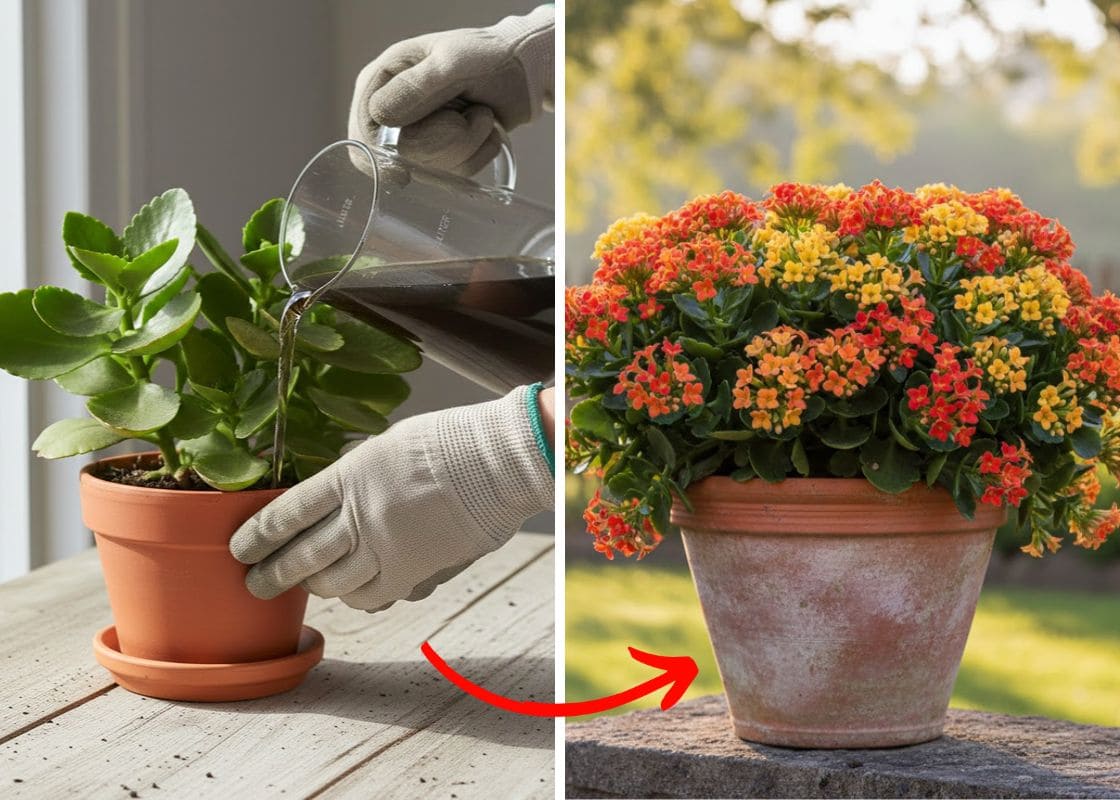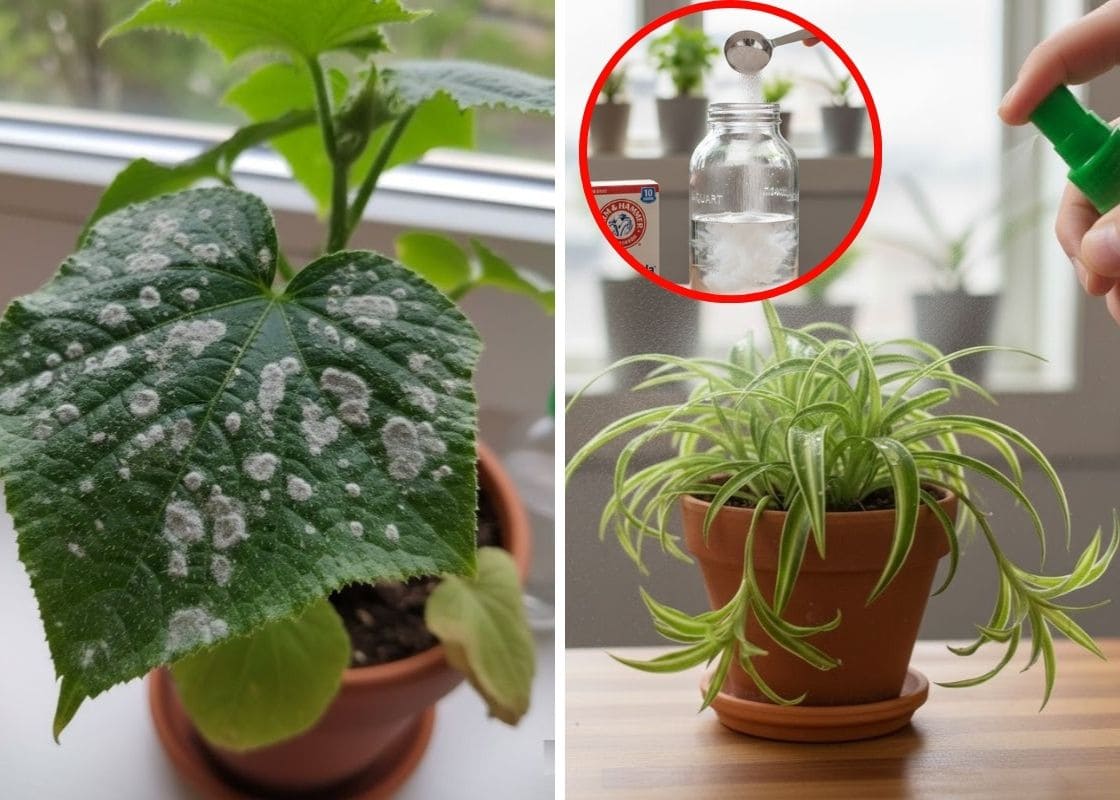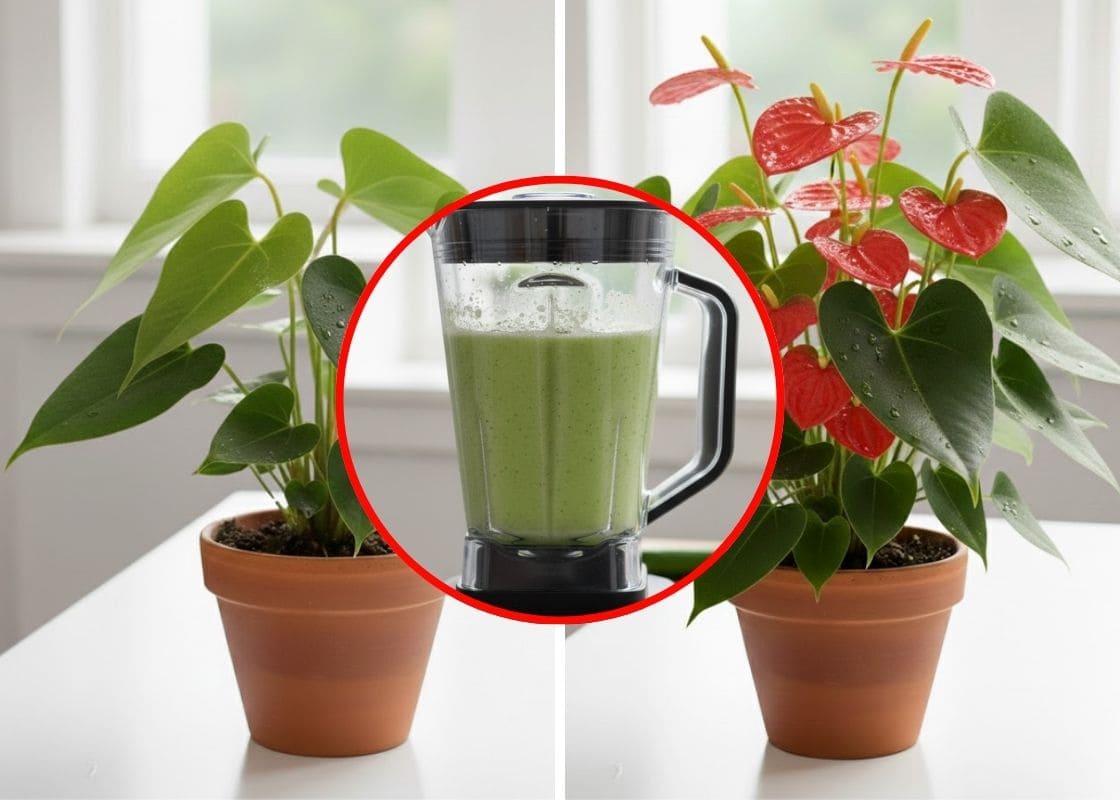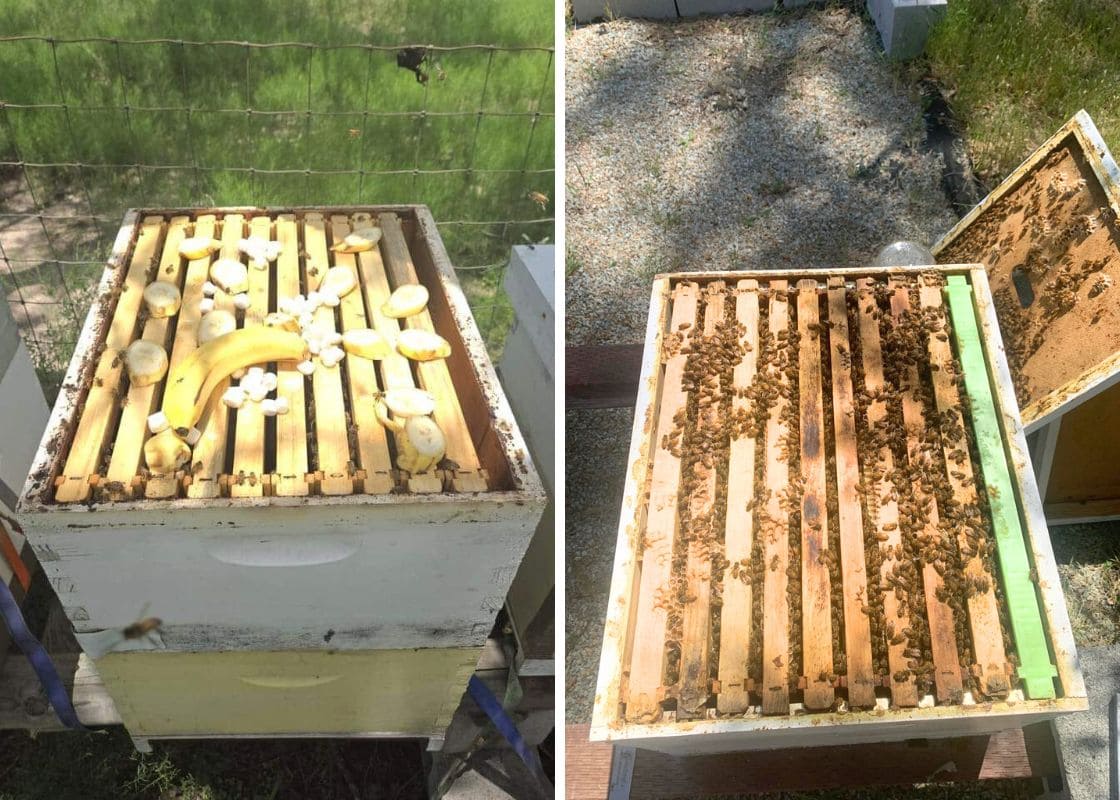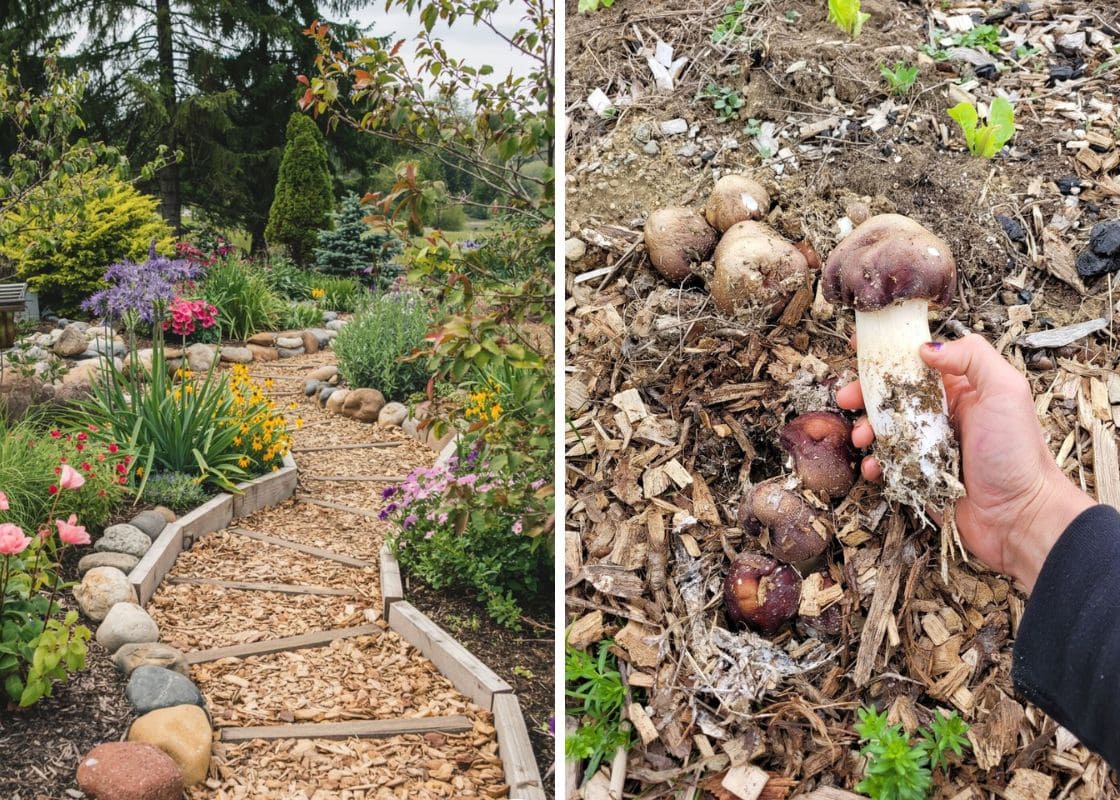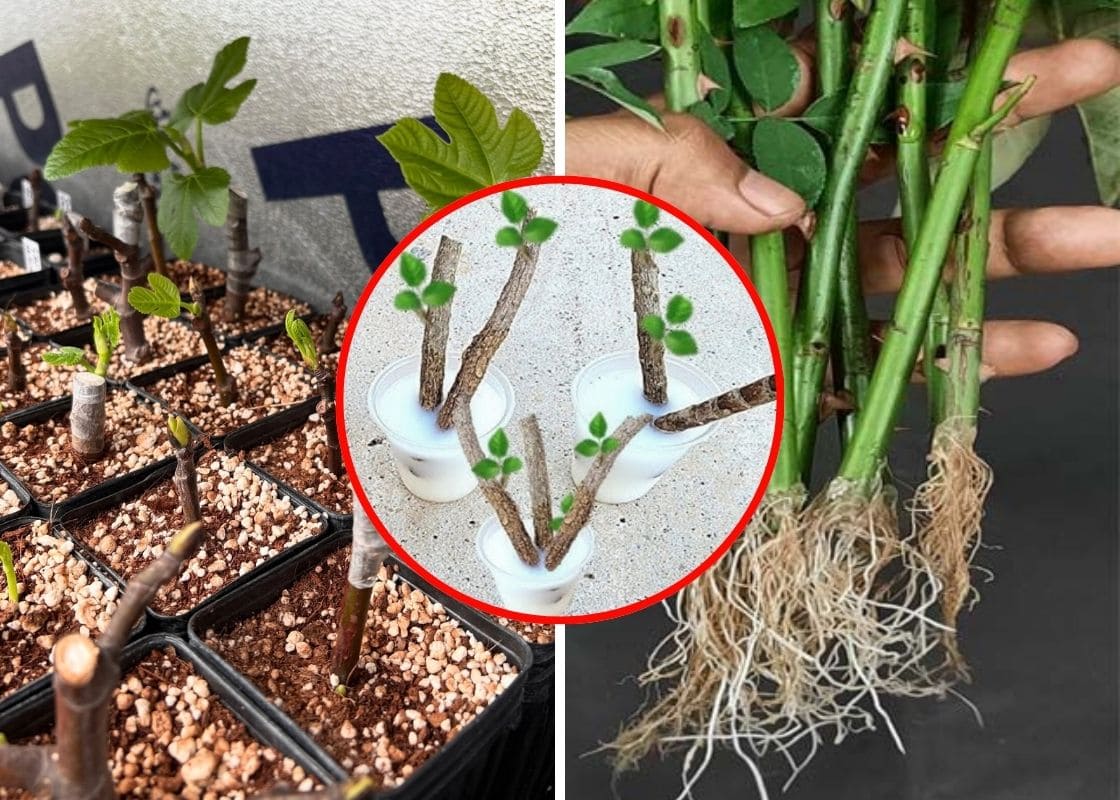As the summer sun blazes overhead and temperatures rise, gardens come alive with vibrant colors and lush foliage.
However, summer also brings challenges for gardeners. The heat and dry conditions can stress plants and hinder their growth.
In such times, knowing how to care for your garden is essential. If you’re looking for tips to keep your garden thriving through the summer, this post is for you.
By following these tips, you can ensure a bountiful harvest and vibrant blooms despite the heat.
#1. Watering Wisely
In the summer, your garden needs regular watering. Hot weather draws moisture out of the soil, so keep your plants well-hydrated.
Water them either early in the morning or late in the evening when it’s cooler to prevent water loss through evaporation.
Give your plants a deep soak to ensure the water reaches their roots. Shallow watering can disrupt their root systems and leave them thirsty.
Tip: Use a drip irrigation system to save your time and money.
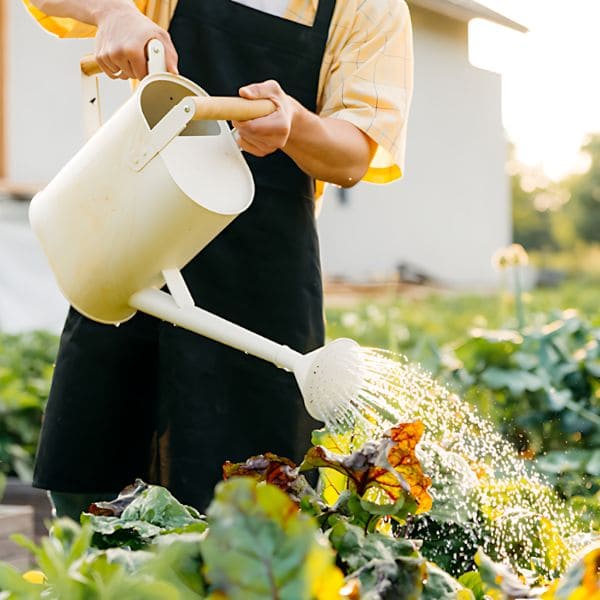
#2. Mulching for Moisture
Help your garden retain moisture by adding organic mulch to the soil. Studies reveal that mulch keeps the soil moist under the sunlight and slows down evaporation.
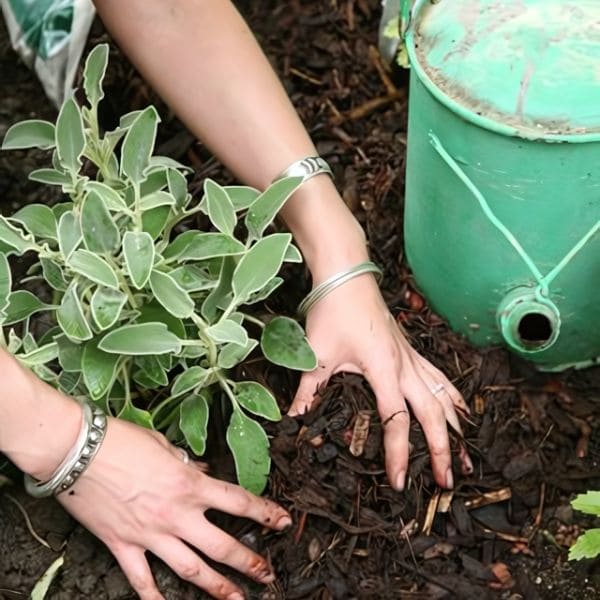
#3. Feeding Your Plants
Feeding your plants properly greatly impacts your gardening results. Opt for organic fertilizers such as compost, bone meal, or blood meal, which deliver slow-release nutrients.
Alternatively, synthetic fertilizers offer quick nutrient boosts in various forms like granules, liquids, or powders.
Additionally, composting kitchen scraps can reduce waste and generate nutrient-rich soil amendments, fostering a sustainable garden ecosystem.
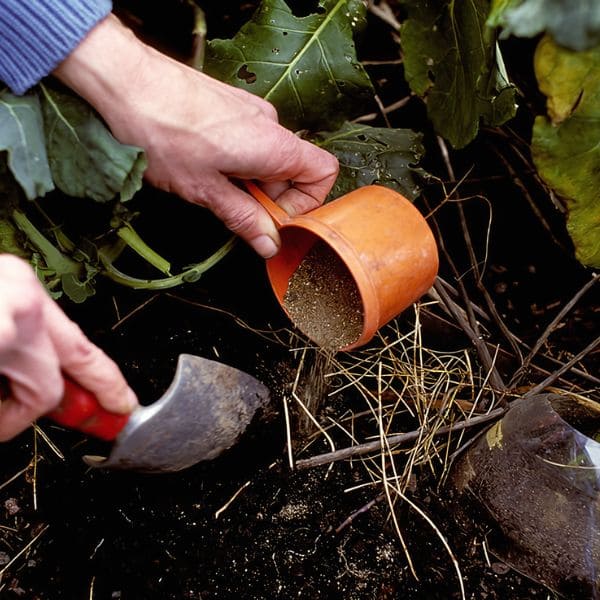
#4. Pruning
Did you know pruning is vital for maintaining a healthy garden? Regularly trim away spent blossoms and dead stems to encourage new growth and prevent overcrowding.
Weeding, deadheading, and pruning help remove weeds from competing with plants and encourage continuous blooms.
As summer wanes, tidy up the garden by removing dead or diseased plants and preparing for the upcoming season. With proper care, your summer garden will flourish year-round.

#5. Protecting from Pests
Pests can threaten your garden, with common threats including aphids, spider mites, and powdery mildew.
Good garden hygiene and crop rotation help limit these risks. You can also look for natural solutions like neem oil or DIY sprays made from garlic and spicy peppers, which are effective.
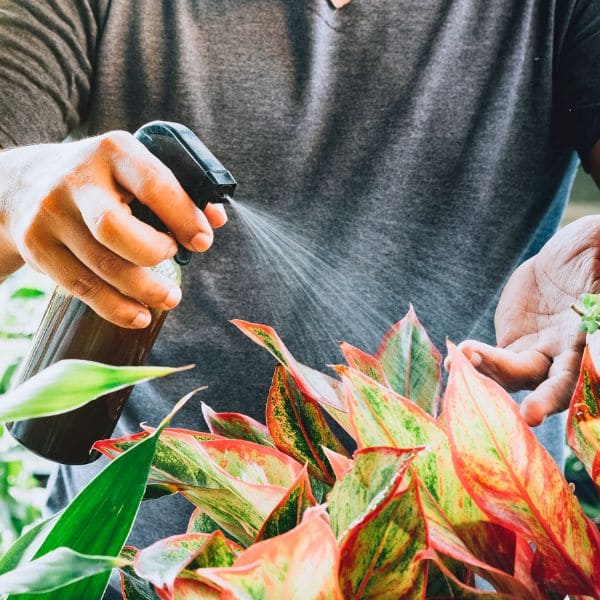
#6. Providing Shade
Too much sunlight can affect plants. Shade structures like arbors or pergolas provide relief from the heat and add aesthetic appeal to your outdoor space.
Besides, shade fabric can regulate sunlight exposure. Add water to prevent sun damage and keep your garden growing.
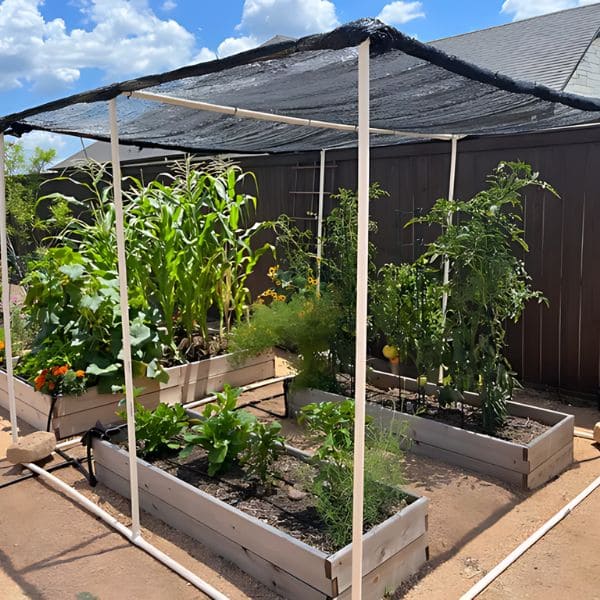
#7. Ensuring Good Air Circulation
Spacing plants appropriately to circulate air. Leave enough room between plants to allow air to flow freely, reducing the risk of diseases like powdery mildew.
Grow plants sparsely to maintain airflow and promote healthy plant growth.
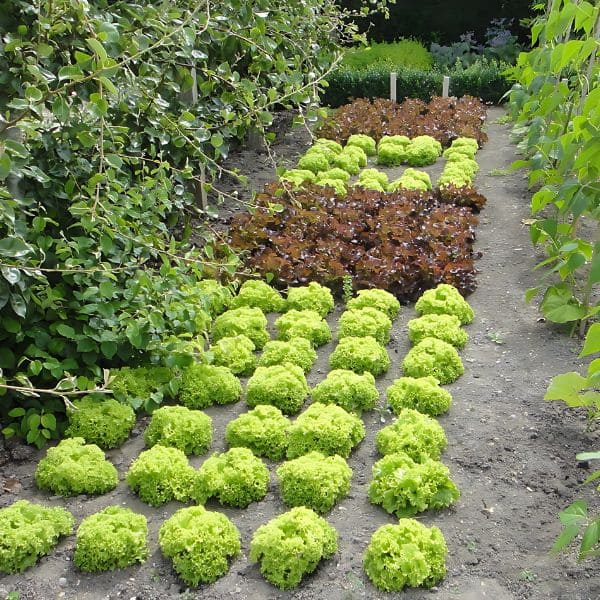
#8. Maximizing Your Harvest
To maximize your summer harvest, plan ahead by choosing the right plants for your climate and soil. Implement succession planting to ensure a continuous supply of fresh produce.
After harvesting, properly store and preserve your bounty for long-term enjoyment. Consider growing tomatoes, peppers, cucumbers, zucchini, and herbs for a bountiful yield.
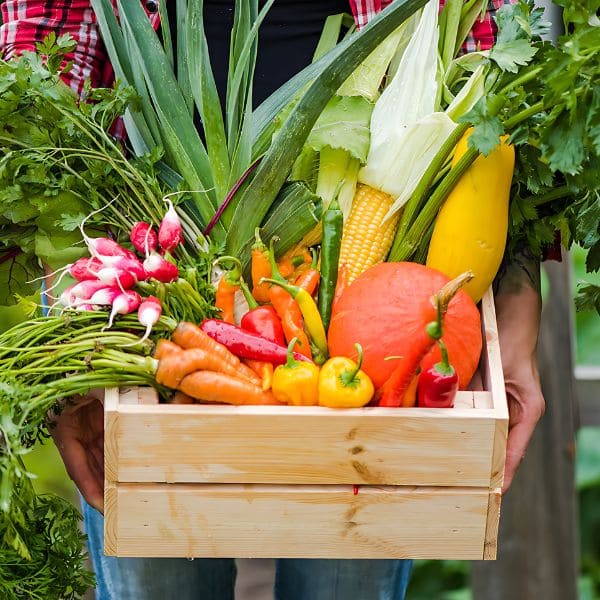
#9. Staying on Top of Weeds
To keep your garden thriving, stay vigilant against weeds. Tackle them early and regularly to prevent them from overpowering your plants.
You can use a hoe or hand tool to remove weeds at their roots, ensuring they don’t steal water and nutrients from your crops.
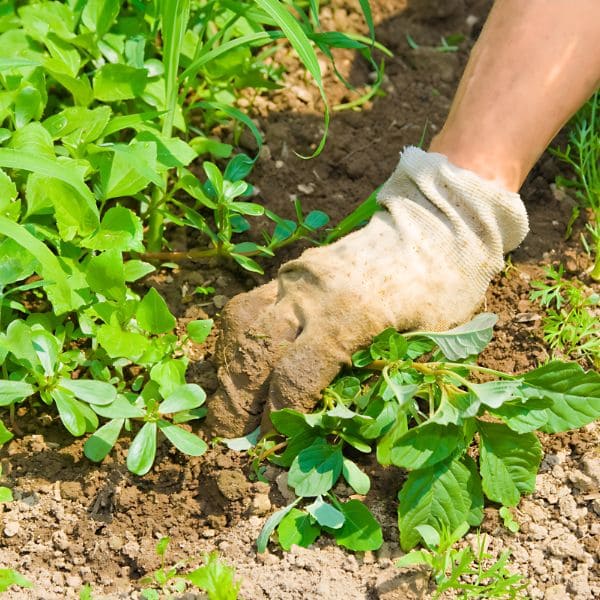
#10. Growing Companion Plants
Have you ever thought of maximizing your yield by growing companion plants? This method not only boosts your harvest but also creates a healthier garden ecosystem.
Choose plants that benefit each other, such as tomatoes and basil, which repel pests and enhance flavor. Carrots and onions also make good companions, as onions deter carrot flies.
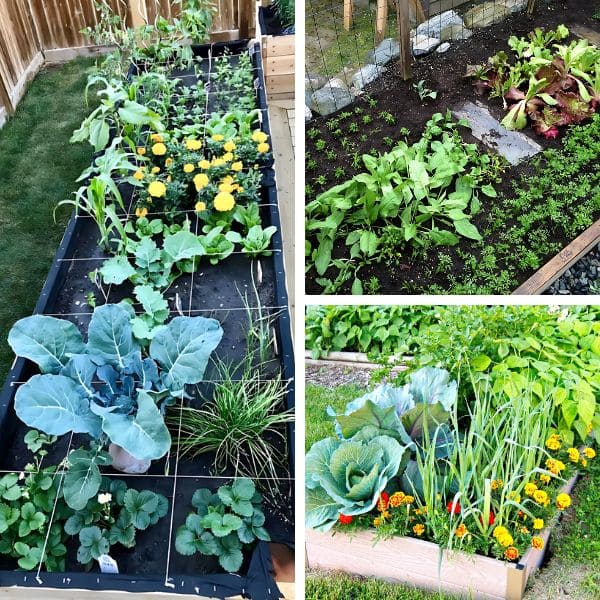
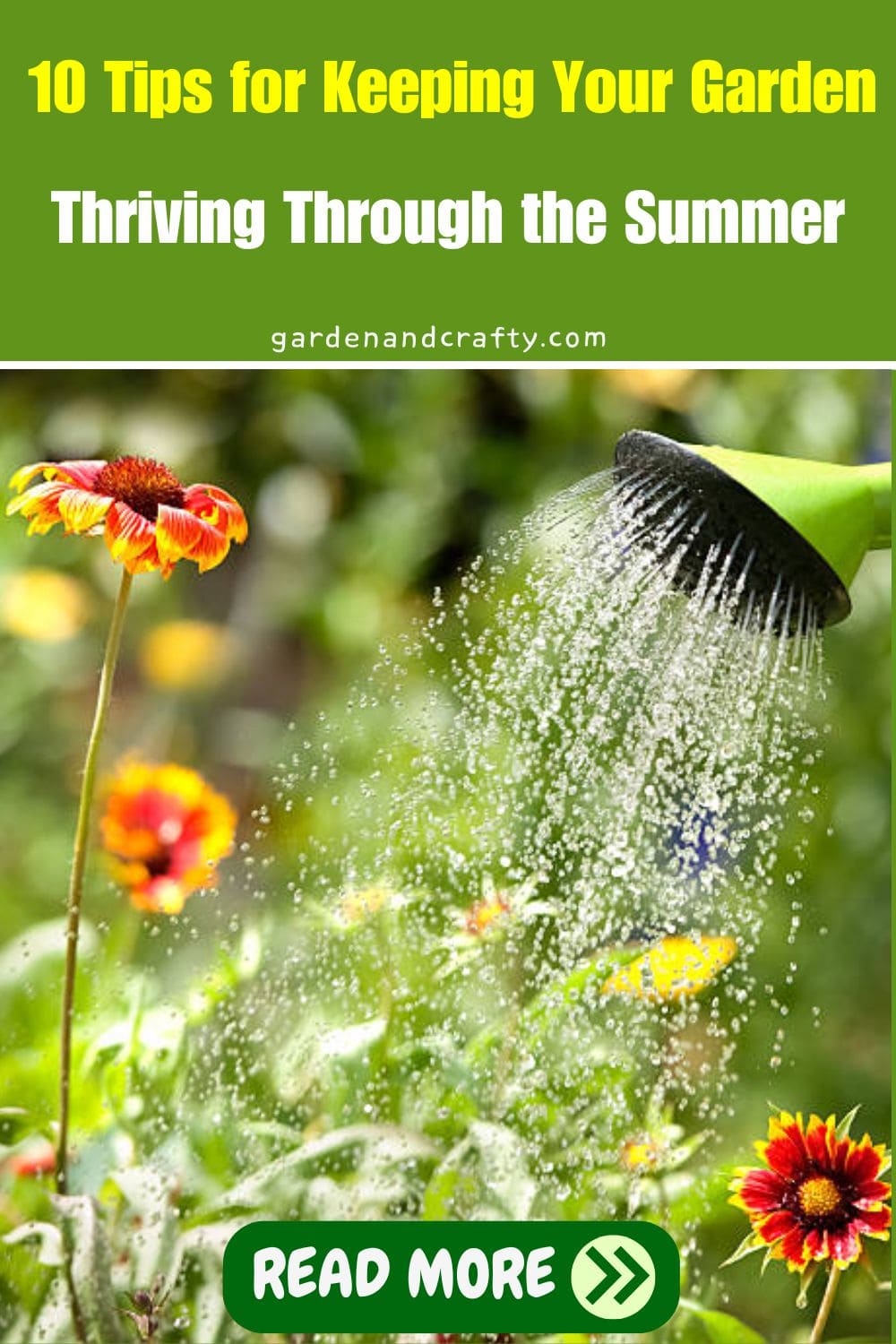
With the above tips, I hope you feel more confident in keeping your garden thriving through the summer.
Remember, every garden is unique, and part of the joy is discovering what works best for you and your plants.
Whether you’re a seasoned gardener or just starting, the most important thing is to enjoy the journey and celebrate the little successes along the way.

